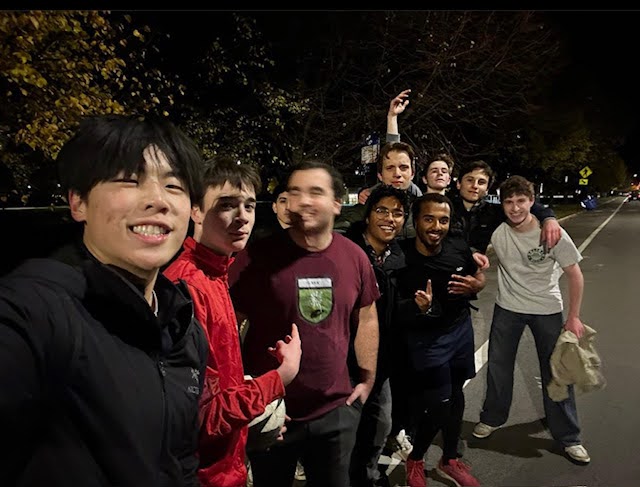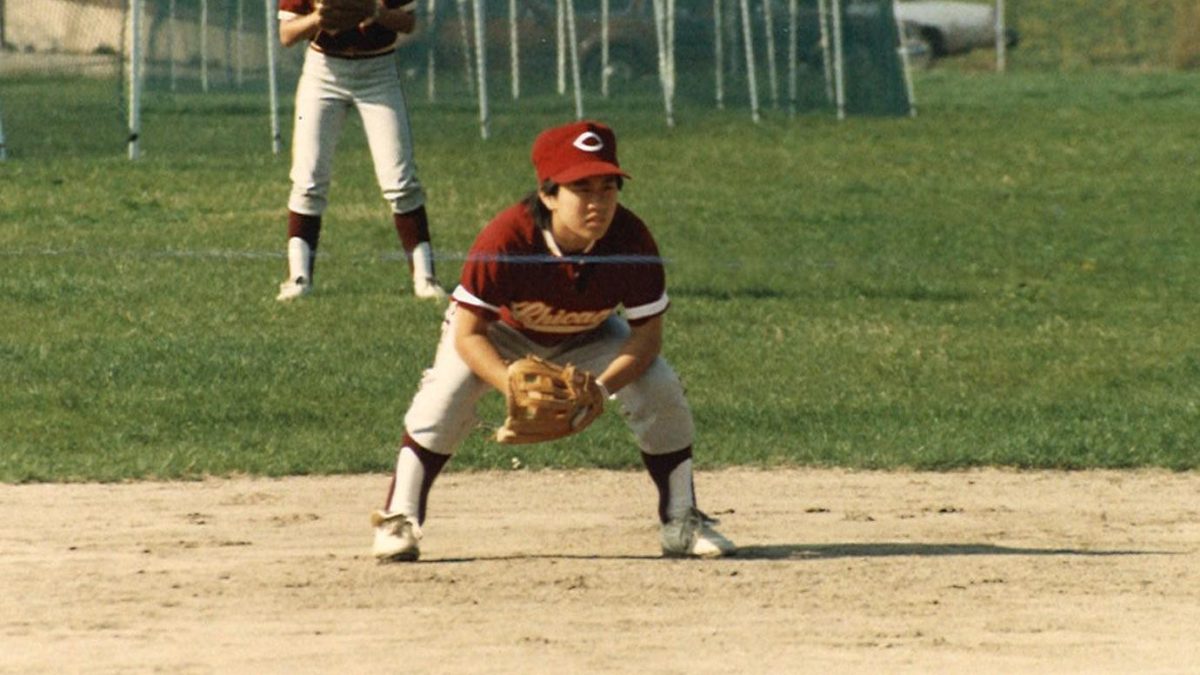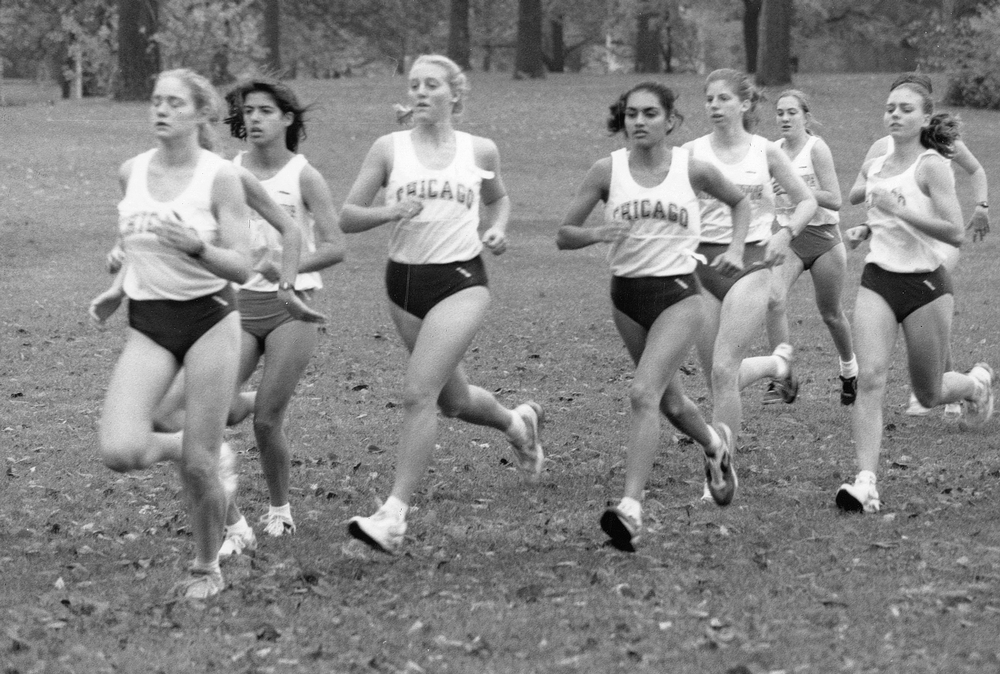The 2002 FIFA World Cup proved three things:
1) Soccer is a game with 22 people running after a ball.
2) Germany (almost) wins.
3) Referees ought to be sponsored by binoculars companies.
Tragically, some matches were completely fluked by obvious, if not outrageous, mistakes. Italy and Spain had at least five goals disallowed during the world’s most important soccer competition, and both teams made an early exit as a result. But that’s not all. Earlier in the tournament, a Turkish player fell victim to a phantom call for fouling the untouchable Rivaldo that earned him a red card and forced his team to play down a man for the remainder of the match.
With too many blown calls in a tournament that ought to have been the most scrutinized, the question of video replay inevitably arises. Rugby, the National Hockey League, and American football have already adopted the replay with cautiously optimistic results, so why doesn’t soccer follow? Without a doubt, an end to bogus offside calls would assure that the wrong teams never again advance on the whim of a nervous linesman.
On the other hand, I agree with purists who think that the use of video will lead to a decrease in the fluidity of the game. Referees should resort to the video only when they have a major doubt. Otherwise video will dominate the game and cause stoppages every other minute.
Nonetheless, a referee ought to double-check calls that decide the outcome of a game. Even more importantly, video or some laser technology could be employed to check if a ball crosses the goal line.
Finally the use of video might help get rid of diving, something soccer’s critics have long complained about. UEFA claims it has tried to crack down on such practices, but so far the results are not encouraging. Video seems to be the only deterrent left. The referee could use the video to check the validity of a penalty or book a player for simulation. Then sanctions can also be taken off the pitch.
Of course video cannot stop every dodgy call. Referees themselves should be monitored, and any bad decision that leads to an unfair suspension of players could then be overturned by FIFA’s directing body.
Without the total scrutiny of replay, the door to insinuations concerning suspect decisions opens. Why did South Korea win against both Italy and Spain on refereeing mistakes? Given the marketing impact of the event, these more-than-lucky controversial decisions going to the organizing country’s way might not be a coincidence. Italy had its fifth goal in three games disallowed and Francesco Totti was harshly dismissed in the game against South Korea (for one of the rare times that he did not dive!). Spain had two goals disallowed that video replays suggested should have stood against the same side! The problem is the clear refusal by FIFA to acknowledge replay as a potential solution to the referees’ mistakes. The quality of calls would increase with replay or even communication between referees (the use of headphones and microphones to coordinate on decisions between the four referees) and give fans the opportunity to leave the stadium without a bitter aftertaste.







